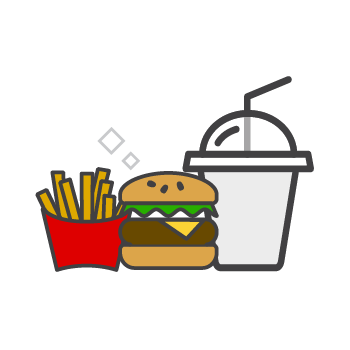Caribbean Destination Guide: PEG Farm and Nature Reserve
by Karen Rollins Oct 30, 2023
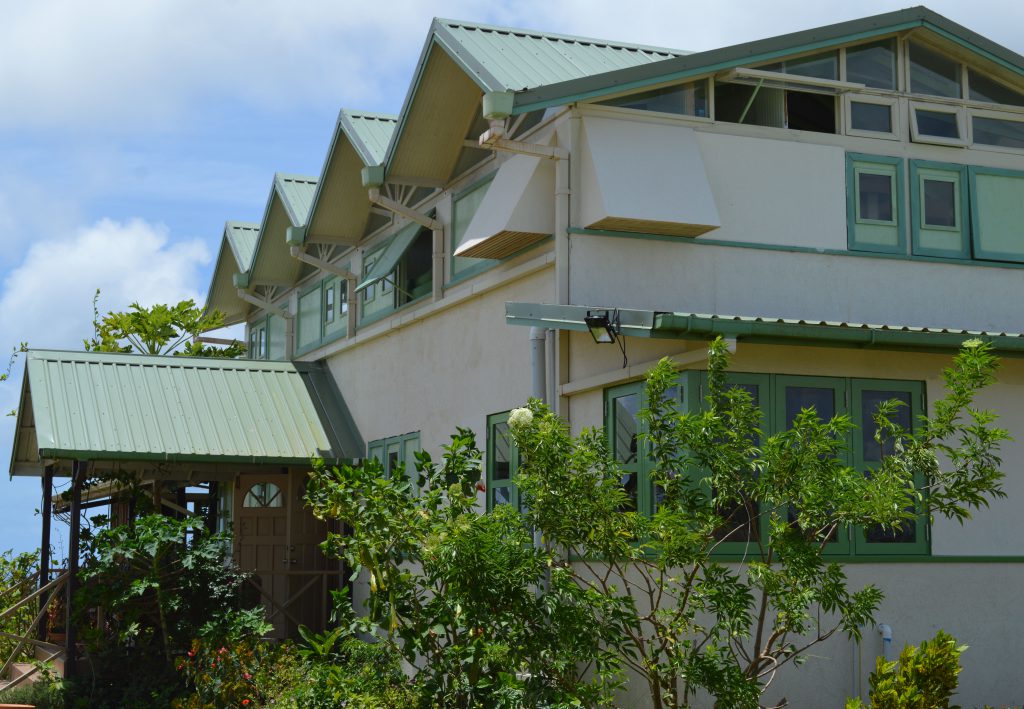
PEG (People, Environment, Growth) Farm and Nature Reserve was started four years ago by Barbadian Paul Bourne.
Located on the border of St Joseph and St John, the farm is the only biodynamic operation throughout the entire Caribbean and its aim is to grow and produce animals and crops completely naturally.
The nature reserve also offers eco-tours for locals and tourists as well as yoga and meditation retreats for anyone looking for some peace and quiet and a space to get away from it all.
For our ‘Yello Goes Green’ phone directories in 2018, Yello spoke with PEG’s Eco Tour Manager, Georgina Trew, about the pioneering enterprise and how it hopes to benefit Barbados.
Explain the concept behind PEG?
It’s mainly about trying to create sustainable agriculture. The farm is biodynamic, which means there are no chemical fertilisers or pesticides, and animals are part of the system so they’re constantly being moved around and used to fertilise the ground.
In Barbados, a lot of the soil has been degraded by the sugar industry which strips the nutrients and makes it hard to grow anything else. It took four years of keeping cows on the land in order to regenerate it through their manure.
It’s a completely balanced ecosystem so none of our animals have hormones or antibiotics either.
We want to see this type of farming replicated throughout the island as it’s better for the land and people so it’s also about trying to educate everyone about what they’re putting into their body.
Where did the idea come from?
Paul Bourne started it when he was having chronic back pain which lasted for about 30 years. He went to every doctor and physiotherapist and couldn’t get rid of it, so eventually he found a holistic practitioner in California called Paul Chek.
Paul Chek taught Paul about a different way of life, eating organically, and treating your body a lot better. He also started a more relaxing lifestyle with yoga and tai chi and after a couple of months the back pain was gone.
Paul knew he wouldn’t find the food he needed at home in Barbados so he learnt about biodynamics through a few conferences. He also found various consultants to give advice and started the farm.
Now we have 40 cows and 200 pigs and free range chickens.
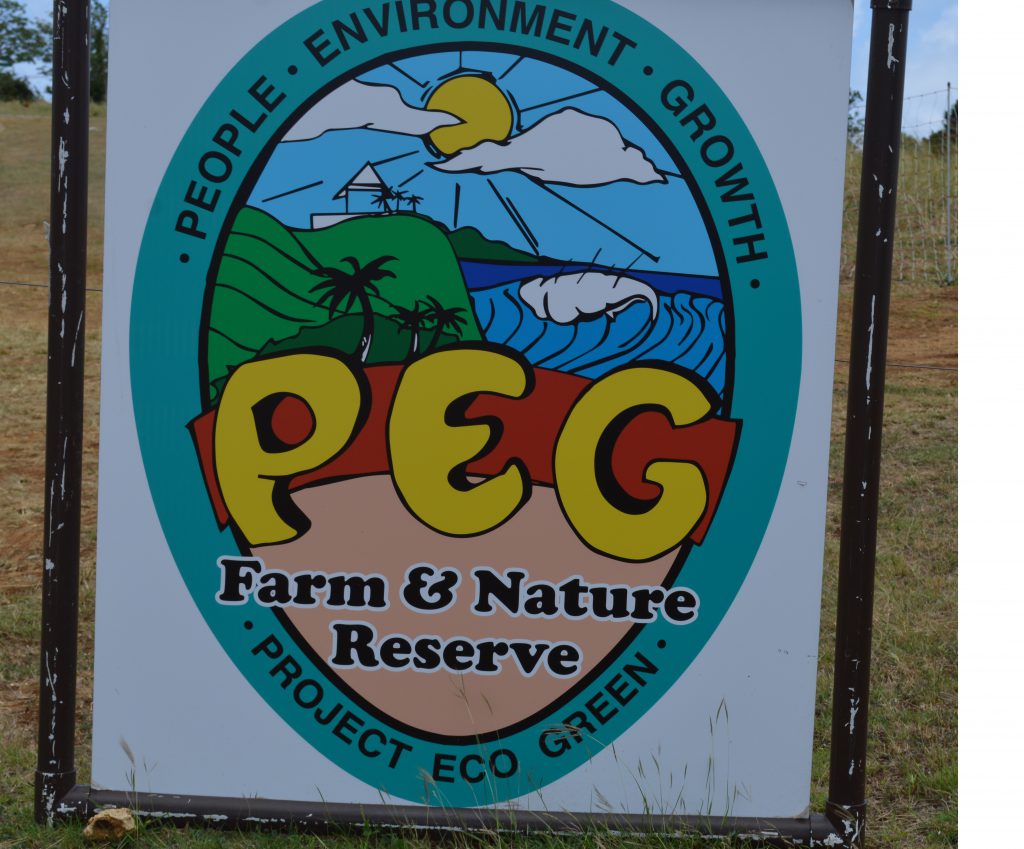
What challenges did you face getting started?
I think the main challenge was money, but Paul has been able to get support from his family which was great because we didn’t have to rely on government money.
It’s also been hard to find the right people who are passionate about the project. Right now we have a good group of people but it’s been a journey to find them. We especially want to use people from the community and around the island.
It’s also been about finding the right efficiencies for Barbados because every biodynamic farm is unique and you have to tailor the system to your climate and conditions.
What kind of support have you had from the public and government?
The public have been great and most of the tours have been with local people so now it’s about getting the word out and attracting more tourists.
I don’t think the government sees the potential or the long term vision and are still focused on sugar. Once they see what’s happening, and how it’s developing, hopefully they’ll become a bit more interested.
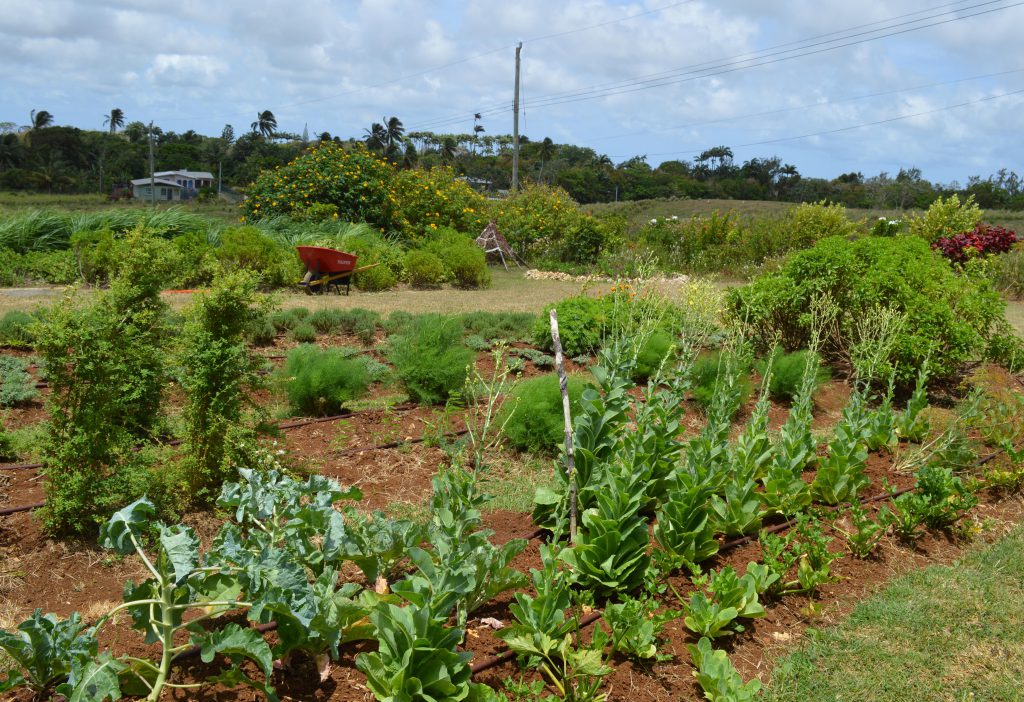
Who visits the farm and takes part in the eco-tours?
There are people who’ve worked on farms and want to learn about this new system which isn’t very common around the world.
We also get kids and school groups who we teach about the future of agriculture, and let them experience the animals one-on-one.
We also get vegans who are on a holistic path and are looking for a healthy and peaceful environment with good vibrations that is perfect for stillness and meditation. They’ll come along for retreats.
How does the farm benefit Barbados?
We don’t have much in terms of eco-tourism on the island so I think that’s something that can be developed because we should be making more of the natural environment, like the forest and the National Park.
It also benefits the island by encouraging sustainable practices and reducing the food import bill. We can’t keep bringing so much food in, we need to start producing more for ourselves, especially organic, fresh vegetables.
Getting the land back to what it’s supposed to be as well, in terms of putting back the nutrients stripped by the sugar, so more land can be used for agriculture.
Can PEG be replicated around the island?
Most definitely. All you need is a temporary electric fence and an area for the cows to graze in and if you only have two cows then it’s easier to manage. Just keep them in a small area, and create a circular route which they become familiar with, and keep them moving so that the land regenerates.
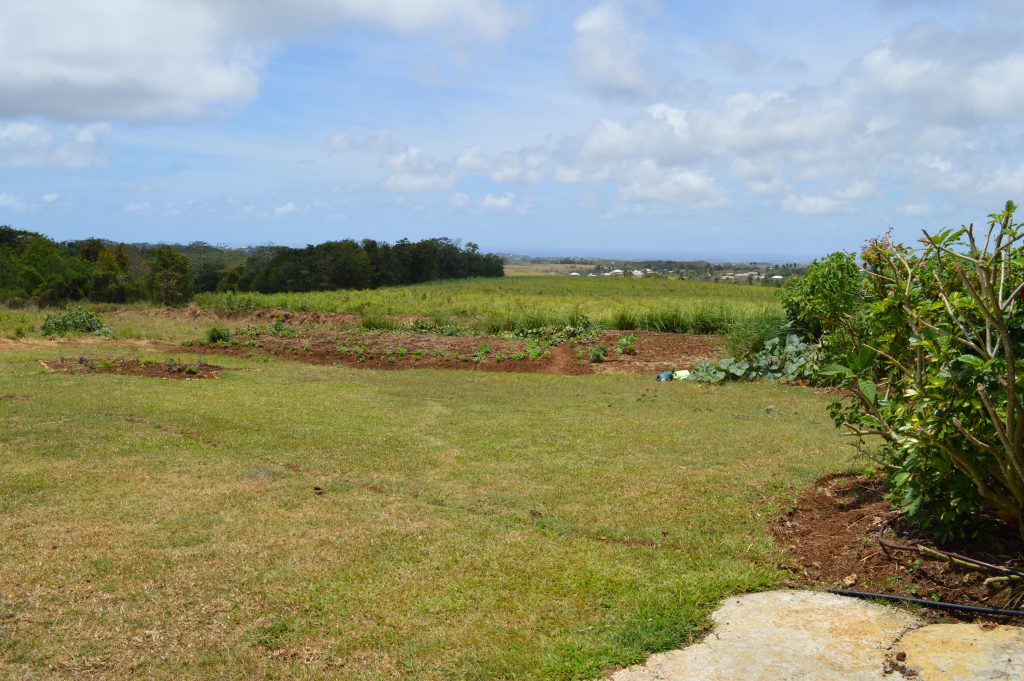
What are your plans for the future?
We have a 12-year plan which includes a mushroom farm, bees, and cocoa trees for chocolate. We also want to create small enterprises for young entrepreneurs where they can rent a space and follow our practices.
We plan to open an education centre, where people can come from all over the world to learn about biodynamic farming through workshops.
We’re also putting in a campsite and bamboo huts for glamping, and we plan to offer a self-guided walk and hiking ventures.
What do you think about Barbados’ attitude to the environment?
Recently I think that there’s been a big surge in increased knowledge of the environment, and education is an important aspect, especially in the schools.
But there’s a lot more that can be done in terms of using more natural products and reducing the use of plastic. Composting could also be introduced into each household with separate bins for waste and recycling.
It’s hard to change people’s behaviours and attitudes but it really does need to happen.
—
Find out more about PEG Farm and Nature Reserve on the official website.






